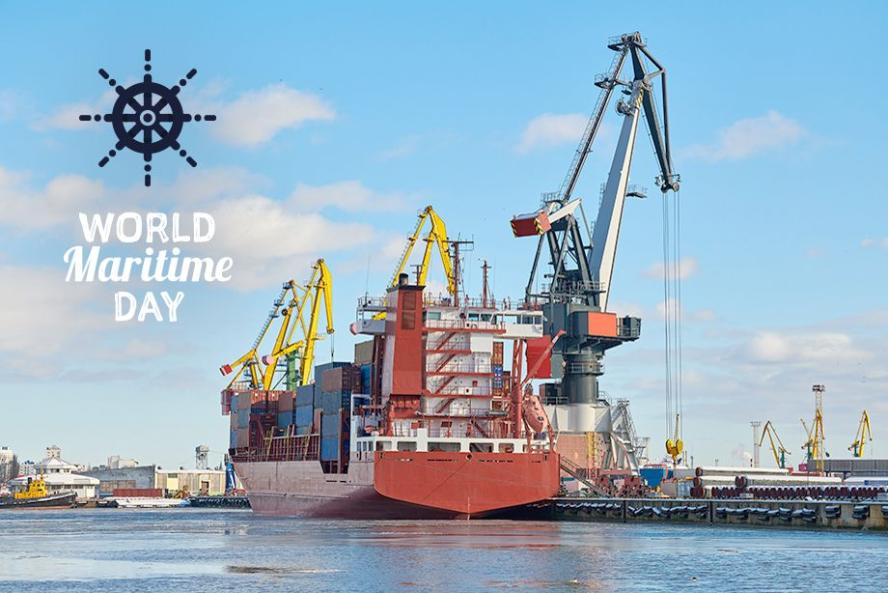-

Hear from Professor Monica Toft
Learn how Professor Monica Toft is shaping the study of global affairs and diplomacy at Fletcher.
Hear from Prof. Toft -

Explore Fletcher academics in action
Fletcher Features offers insights, innovation, stories and expertise by scholars.
Get global insights -
Get application tips right from the source
Learn tips, tricks, and behind-the-scenes insights on applying to Fletcher from our admissions counselors.
Hear from Admissions -

Research that the world is talking about
Stay up to date on the latest research, innovation, and thought leadership from our newsroom.
Stay informed -
Meet Fletcherites and their stories
Get to know our vibrant community through news stories highlighting faculty, students, and alumni.
Meet Fletcherites -

Forge your future after Fletcher
Watch to see how Fletcher prepares global thinkers for success across industries.
See the impact -

Global insights and expertise, on demand.
Need a global affairs expert for a timely and insightful take? Fletcher faculty are available for media inquiries.
Get in Touch
Celebrating World Maritime Day 2021
Highlighting the role of seafarers in world trade

Today, World Maritime Day 2021, Fletcher’s Director of Maritime Studies Rockford (Rocky) Weitz offers his views about the maritime industry’s global importance, unprecedented challenges, and how research undertaken at Fletcher is furthering advancements in the field.
Importance to the global economy
Global shipping carries over 90% of international trade (by weight), underpinning the modern global economy. Seafarers are unheralded essential workers for maintaining global supply chains -- carrying essential goods, such as food and energy, from producers to consumers around the world. Container ships carry mobile phones, automobile parts, and pharmaceutical goods globally. The cruise industry is a fundamental piece of global tourism. And many countries rely on the fishing industry for high-protein food. The Suez Canal blockage by the Ever Given containership this spring highlighted the often under-appreciated role of global shipping in the modern economy.
Impact of the global pandemic
The COVID-19 pandemic directly disrupted the global shipping industry, including fishing boats, cruise lines, and port operators. Seafarers were stranded on board their ships for months as international travel restrictions prevented them from flying home. The cruise industry in particular has been severely impacted -- in part because of illness on board ships – and has slowly resumed operations over the last few months. Some large port facilities have remained closed due to outbreaks, including in China, which has caused ripple effects throughout global supply chains.
Fletcher’s leadership in the field
In the last several years, Fletcher Maritime Studies has focused on two important areas of research -- (i) emerging maritime security challenges, and (ii) ocean environmental challenges and sustainability policy solutions -- and has supported the Fletcher Arctic Conference and faculty and student participation at the Arctic Circle Assembly in Iceland. We recently launched new research projects on remote production of green hydrogen by offshore wind and industrial-scale solar fields, as well as zero carbon shipping. The Fletcher School's Dean Rachel Kyte helped accelerate the zero carbon shipping movement, which has gained traction since 2019, and continues to provide thought leadership in this area - Decarbonizing Shipping: A Call to Action video.
For more information, please visit Fletcher’s Maritime Studies.

